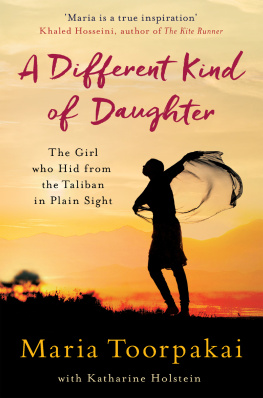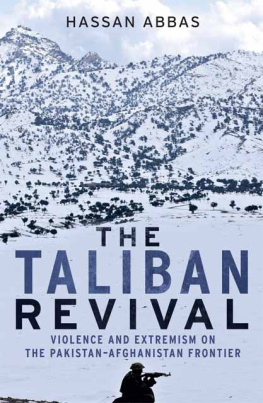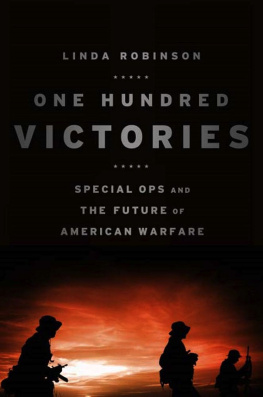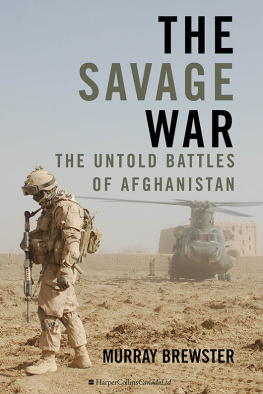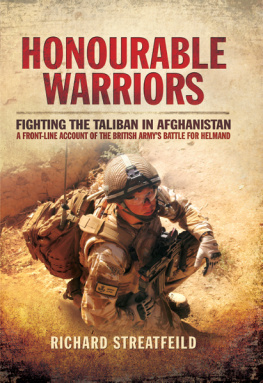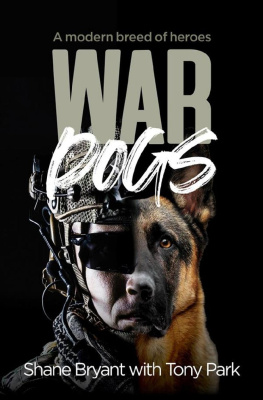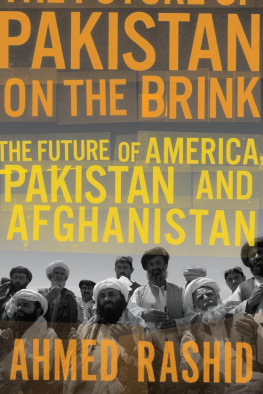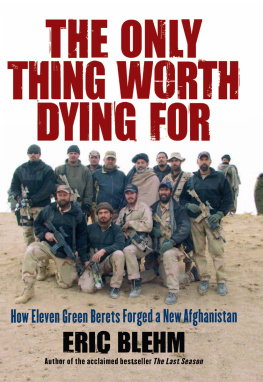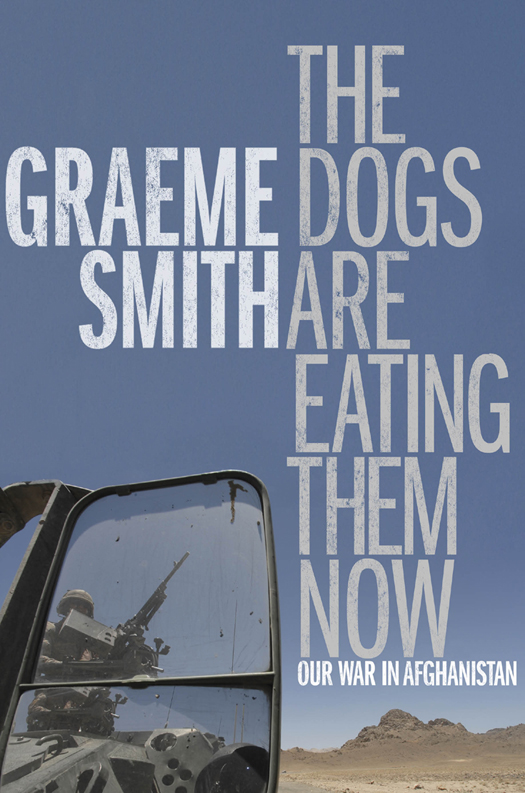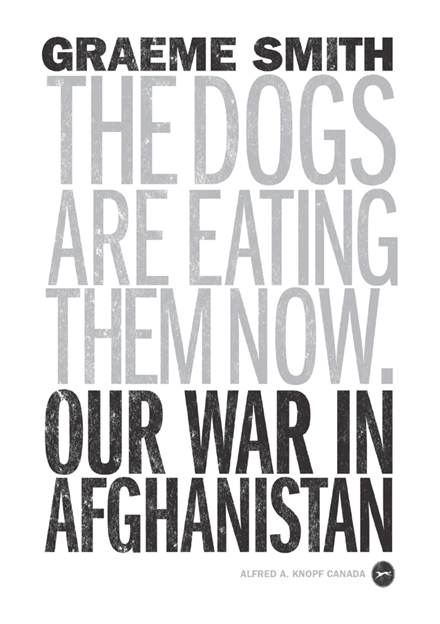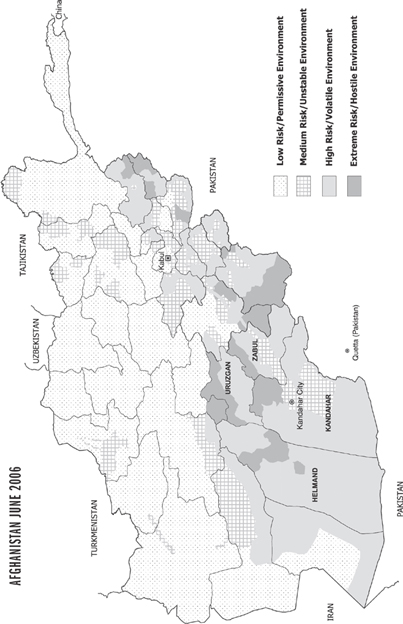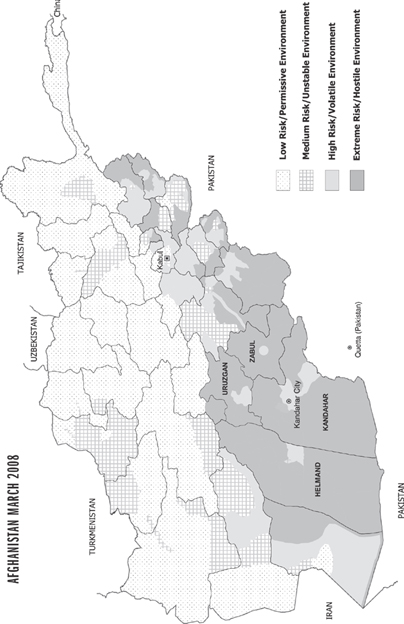PUBLISHED BY ALFRED A. KNOPF CANADA
Copyright 2013 Graeme Smith
Photos copyright 2013 Graeme Smith
All rights reserved under International and Pan-American Copyright Conventions. No part of this book may be reproduced in any form or by any electronic or mechanical means, including information storage and retrieval systems, without permission in writing from the publisher, except by a reviewer, who may quote brief passages in a review. Published in 2013 by Alfred A. Knopf Canada, a division of Random House of Canada Limited, Toronto. Distributed in Canada by Random House of Canada Limited.
www.randomhouse.ca
Knopf Canada and colophon are registered trademarks.
Some material for this book first appeared in a different form in The Globe and Mail, and has been adapted with permission from The Globe and Mail Inc.
Library and Archives Canada Cataloguing in Publication
Smith, Graeme, 1979
The dogs are eating them now : our war in Afghanistan / Graeme Smith.
eISBN: 978-0-307-36689-4
1. Afghan War, 2001 Social aspects. 2. Taliban. 3. InsurgencyAfghanistanHistory21st century. 4. AfghanistanSocial conditions21st century. 5. Afghan War, 2001 Personal narratives, Canadian. 6. War correspondentsAfghanistanBiography. 7. War correspondentsCanadaBiography. I. Title.
DS371.413.S65 2013 958.1047 C2013-901677-5
Maps by Sean Tai
Cover design by Andrew Roberts
Cover, text, and endpaper images: Courtesy of the author
v3.1
FOR MY SISTER
INTRODUCTION
THE PROPHETS CLOAK
W e lost the war in southern Afghanistan and it broke my heart. When I started following the surges of troops into Kandahar and surrounding provinces in 2005, I felt excited by the idea that the international community could bring the whole basket of civilization to the south: peace, democracy, rule of law, all those things. Now the foreign troops are withdrawing. We have abandoned our lofty goals. Now its all about damage control, about exercising options that limit embarrassment. The years when our armies pounded their way into the south will be remembered for heights of violence that exceeded the gruesome body count of the Taliban wars in the 1990s. Every wave of foreign troops coincided with more skirmishes, more assassinations, more bloodshed. Our attempts to set up a moderate Afghan administration gave birth to a regime that resembled neither a fully democratic government nor a group capable of ruling its entire territory. It failed the basic test of statehood: monopoly on the legitimate use of violence. Ordinary people turned to Taliban courts in search of justice less corrupt than the system imposed by outsiders. The insurgents were not defeated. We killed thousands of them, but their movement would not die.
Its not just that the foreigners gave up on dreams of a better future for southern Afghanistan, but that were leaving a dangerous mess. Like the old bombs and landmines buried all over the stricken landscape, the south is now waiting to explode. Many expect another civil war; others fear anarchy.
This moment when we hold our breath, watching anxiously as the foreign troops pull back, should serve as a time of reflection about our mistakes. Far away from the air-conditioned headquarters where the foreigners made their plans, all of the good intentions collided with reality. The result was tragic, and comic, and should be studied carefully. As this phase of the war lurches to a bitter conclusion, we might also pause to lament.
That kind of self-reflection is not likely to happen inside the North Atlantic Treaty Organization, because NATO claims victory. The greatest military alliance in human history will probably fail to think clearly about the biggest action it has ever attempted outside its own territory. It will say, accurately, that its soldiers fought bravely. Glossy brochures will get filled with images of aid projects. Photographs of smiling children in the green valleys of the north will misrepresent NATOs legacy, however, as long as violence rages in the dusty south. The historical fact is that nobody has ever ruled Afghanistan without holding Kandahar, the largest city in the southern region. This vital part of the country remains an open wound, needing somehow to get stitched up.
But what kind of surgery can repair a country? Our modern techniques resemble the early days of medicine, when the human body was poorly understood and doctors prescribed bloodletting, or drilled into skulls to treat madness. With the same ignorant faith in our methods, we now invade a country with crushing force and try to drain away ideas that we find dangerous, as if bombs and bullets could cure the illness of extremism. Not all intervention is misguided, of course; I was standing in Benghazi when the tanks of Colonel Moammar Gadhafi rolled toward us in the spring of 2011, and Ive never felt so relieved to hear that NATO decided to take action. The Libyan war may yet emerge as a success story for the nascent science of healing sick countries with military force. Afghanistan looks like the opposite case: the patient may survive, but the doctor wasnt much help.
I wasnt always so skeptical about the effort. A different metaphor lured me into war: an idea that gave me real enthusiasm about the Afghan mission. Somebody told me a story of ancient mapmakers who struggled with the blank spaces on their vellum charts, the emptiness of places never visited by cartographers. They drew monsters at the edges of the known world, inventing fables about lions, serpents and basilisks that might devour an unwary traveller. Here be dragons read the most famous inscription. I cant remember the name of the soldier who told me this, but his words remain clear: The thing about modern civilization, he said, is that we cant stand those empty spots. The dragons fly out and bite you in the ass.
These blank spaces were what attracted me to southern Afghanistan. Once upon a time, the theory goes, it didnt matter if a state failed. Whole empires collapsed without affecting countries on the other side of the planet. Now the world is looped and threaded with shipping routes, flight paths, optical fibres across the sea floor. The fabric of civilization cannot tolerate frayed edges. You cannot leave a blank space like Afghanistan of the 1990s, ruled by zealots and neglected by the international community. You cannot scribble Here be dragons and walk away. The country gets infested by terrorists. Hijacked planes come streaking out of the sky. The dragons bite you in the ass.
I was vulnerable to that kind of grand vision, only twenty-six years old when I started covering Afghanistan as a newspaper correspondent, part of a generation of journalists whose careers started after September 11, 2001. I had visited many countries but always felt disappointed that none of them seemed foreign; there was always a Starbucks or a McDonalds around the corner. Afghanistan was excitingly different, a place where credit cards and calendars meant almost nothing. In the years after 2001, the country became a bustling hub for spies, aid workers and other ambitious expats. They appeared to be involved in something important, and during my first swoon of interest in the country I started to believe they were mending the tapestry of our globalized society; I hoped that their projects would draw the world toward a basic system of law and order. After the fourth or fifth round at a bar in Kabul, foreigners would make bets on which trouble spots we would tackle next. We took it for granted that modern ideas about health, education and agriculture could lift any society out of poverty. We assumed that those efforts could be protected against any threat by our glorious armies, the most sophisticated forces ever fielded. Any foreign journalist who claimed to be a dispassionate observer was kidding himself. The project involved us, in the broadest sense. As reporters, we may have used the third person in our text, but in conversation we slipped easily into a collective we that included the whole panoply of foreigners.


